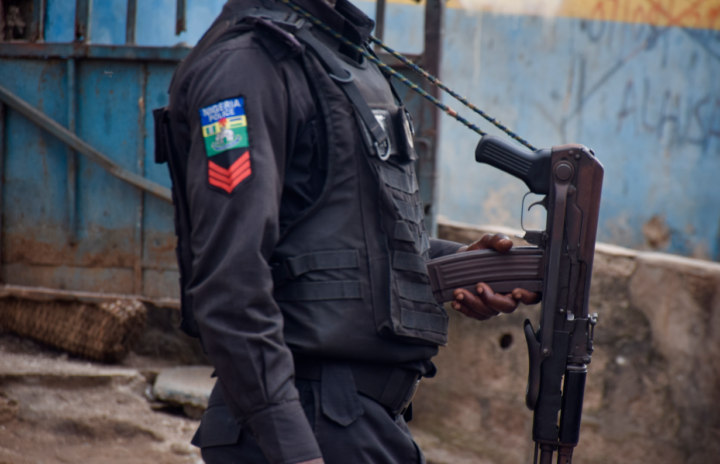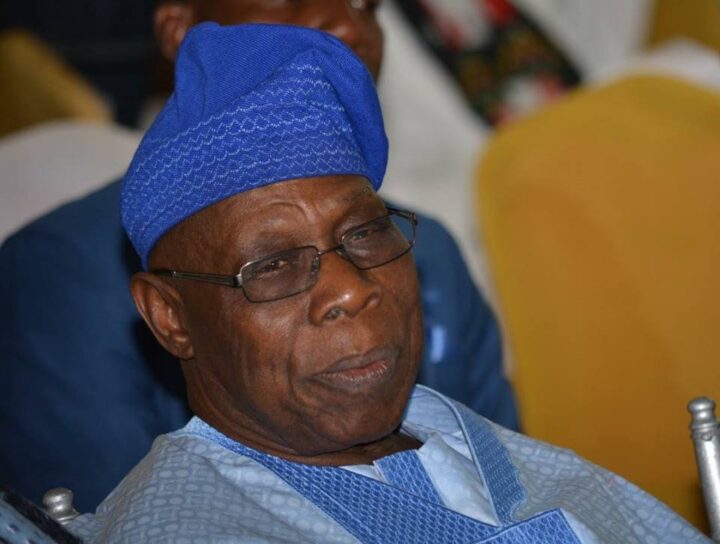One of the most frightening things about Nigeria is the attitude toward life. This otherwise beautiful country is turning into a gunman’s haven. Our leaders, with their incompetence and lack of will, have created a theatre of blood while the people look to the heavens for protection
And in speaking about this issue, every segment of society is complicit. Life has become cheap, so people have become numb to bloodshed. When the guns of the ill-motivated, mostly inebriated men of the police do not fall on innocent citizens, money-mongering teenagers are slaughtering their friends for ritual purposes. Last week, a friend told me of a young man who had carnal knowledge of his mother because a herbalist told him this would fetch him money. From what I heard, the woman who brought this satanic agent breathed her last in the hands of the boy she gave life to. Such a tragedy. But the greater tragedy is that people like him get away with doing evil. You then wonder what the government is doing.
A fundamental responsibility of the government is to protect lives and property. That is a reasonable expectation in any society that desires progress. Society is populated and run by people, and if they continue to feel unsafe, they will either desert that society or become casualties. Either way, society loses, so most of its productive citizens will find safety elsewhere. This is the reality Nigeria is dealing with as the government and its agencies, especially the police, continue to fail Nigerians.
For example, police officers killed two people in the Ajah area of Lagos last month. Aside from arresting the shooters and engaging in unending investigations, the Lagos State Police Commissioner, Mr Abiodun Alabi, ordered the transfer of all men in that division to another division. How does this solve the problem? Unless the transfer assures a mental transplant that affects the psychological state of those who see their uniforms and guns as instruments of oppression, Alabi just moved evil from one part of the state to another.
Advertisement
Another instance of the police’s appalling inefficiency is playing out in neighbouring Ogun state. Over the weekend, media reports alleged that Lekan Adekanbi, a suspect in an unimaginable New Year’s Day murder in Abeokuta, escaped from police custody. Further reports on Tuesday indicated the suspect was admitted to the Police Clinic, Abeokuta. “At the hospital, Lekan pretended like he wanted to urinate and escaped,” the report in The PUNCH quoted an unnamed source. Another report said the spokesperson for the Ogun state police command, Abimbola Oyeyemi, declined to comment.
Everything about this incident is troubling. First, it’s shameful that any suspect, not to speak of one associated with the heinous crime in question, would escape.
To put the matter in context, this matter concerns the murder of a couple, Kehinde and Bukola Fatinoye, shortly after they returned from church service early on January 1. Their assailant set their bodies on fire, also kidnapped their surviving son, Oreoluwa. The police later recovered the young man’s body in a river. The killers wiped out a generation.
Advertisement
Even if this incident did not send chills down the spines of residents of the Government Reservation Area, Abeokuta, where this family lived, losing one life, not to speak of three, should make the police handle this matter with seriousness.
But a suspect escaped! However, it is worse that the police have also refused to speak about the alleged escape of the suspect. With the gravity of this crime, the police should ordinarily give daily updates on their investigations.
The rot in institutions that are supposed to ensure the health of society is also evident here. How can a leading suspect accused of wiping out an entire generation escape and police hierarchy at Louis Edet House sits pretty with no visible consequences on command and divisional laxities beyond the usual tokenistic transfer of people?
Even though Nigerians seem to have come to terms with the inability of their police to detect and prevent crime, the increasing inefficiency at investigating and successfully bringing criminals to justice further detracts from the public’s confidence in the agency. Many people in the police don’t know that they are not policemen because they are standing in uniform and carrying guns. It is the intelligence of their training and the skills that they have gained that confer that office on them. Failing to understand this hampers their performance. It is the reason they cannot be ahead of offenders, despite the fundamental weakness that criminology identifies in every criminal.
Advertisement
Whether the police admit it, Adekanbi’s escape complicates matters. Time is a major challenge in the investigation of crimes. As American bestselling author Maureen Johnson offers in her book, Truly Devious, “With every passing hour, evidence slips away. Crime scenes are compromised by people and the elements. Things are moved, altered, smeared, shifted. Organisms rot. Wind blows dust and contaminants. Memories change and fade. As you move away from the event, you move away from the solution.”
Our police officers do not seem to realise this.
They also appear not to understand compassion and the psychological effect of their efficiency on bereaved families and the public. Stories about the escape of suspects and the refusal to clarify or give updates one way or the other breed fear and erode public confidence in the police’s ability. It shows the contempt members of the force hold for Nigeria. But Nigerians must themselves insist that the government and its agencies respect the sanctity of life. Events continue to show that no one is safe in Nigeria, and things will get worse unless citizens take the government to task.
Advertisement
Views expressed by contributors are strictly personal and not of TheCable.
Add a comment







